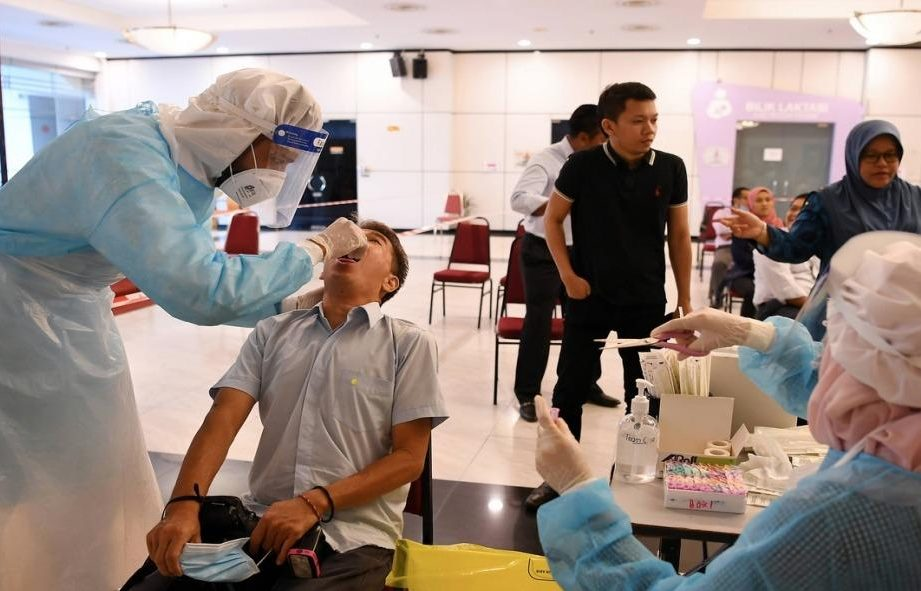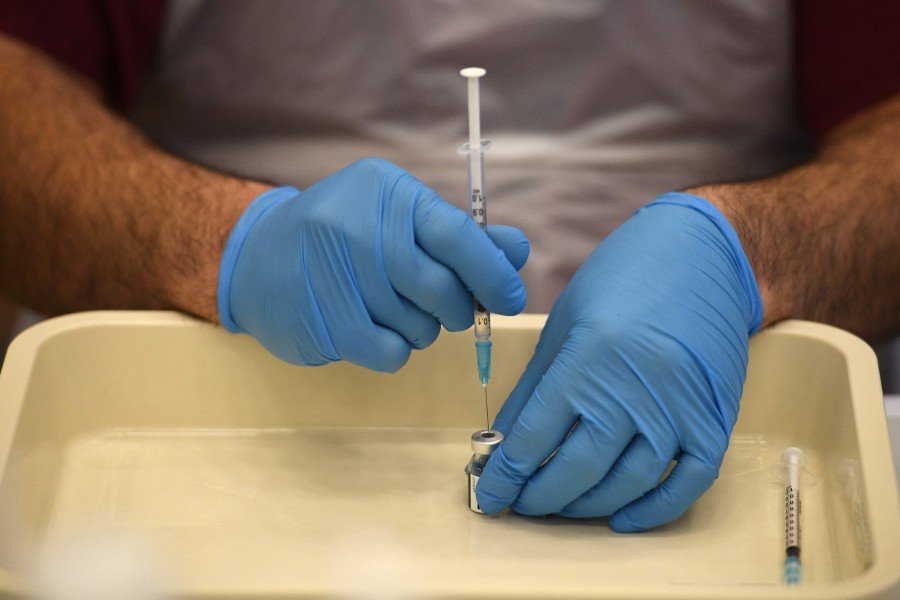Dr Noor Hisham: Malaysia Records 9 COVID-19 Cases Of South African Variant
The existence of the South African variant — known as B.1.351 — was first identified in four local cases by the Institute of Medical Research (IMR) in March 2021, said Health director-general Tan Sri Dr Noor Hisham.
In a statement yesterday, 1 April 2021, Health director-general Tan Sri Dr Noor Hisham said Malaysia has detected cases of the South African COVID-19 variant in two different clusters
The clusters are the Jalan Lima cluster located in Sepang, Selangor and Kebun Baru cluster in Kuala Langat, Selangor.
Dr Noor Hisham said that phylogenetic analysis and geographical correlations show the possibility that the cases with the B.1.351 variant have originated from the same source of infection.
He explained that genome sequence analysis indicates that the infection could have stemmed from a COVID-19 positive employee, who works at a company at the Kuala Lumpur International Airport (KLIA), Sepang.
It is believed that the infection was then transmitted to residents in Kuala Langat, reported New Straits Times.
"Two cases are believed to be from the Jalan Lima cluster, who are employees at one of the companies based at KLIA," he said, adding that, "(Among the two cases, one) case was from the Kebun Baru cluster and another was a family member of a COVID-19 positive patient living in the same house."
It is reported that more genome sequence tests were conducted in Sepang and Kuala Langat districts following the discovery of the B.1.315 variant in positive COVID-19 cases. Five more positive cases infected with the variant were found in the results of the tests.
"One case was from the Jalan Lima cluster and four cases were from the Kebun Baru cluster," Dr Noor Hisham said.
On Monday, 29 March, the Jalan Lima cluster — which had a total of 57 cases ended — along with the South African variant.
However, the Kebun Baru cluster — where 1,111 cases were reported in total — is still active and is expected to end on 25 April.
The B.1.351 mutation was initially reported in South Africa and the United Kingdom in December 2020
Following which, in January this year, the US, Canada, Germany, Australia, and South Korea have since reported cases involving the strain.
Scientists had initial concerns about the B.1.351 mutation as it was more infectious than other variants of the COVID-19 disease. The strain was also claimed to be able to evade protections embedded in COVID-19 vaccines available worldwide.
However, Pfizer and BioNTech have indicated that their vaccines are effective against the South African variant, as reported by AFP via New Straits Times yesterday, 1 April 2021.
After detecting the South African variant, the Ministry of Health (MOH) said they will to stay vigilant on the emergence of the variant in Malaysia
Dr Noor Hisham said that the Institute for Medical Research (IMR) along with the Kuala Langat District Health Office and the Sepang District Health Office will continue performing the genome sequence testing on clinical samples taken from these areas.
This is in order to monitor the B.1.351 variant as well as to detect new variants in the affected areas.
"We hope all efforts to curb the spread of this new variant will help the country break the chain of COVID-19 infection in Malaysia," New Straits Times quoted him as saying.

